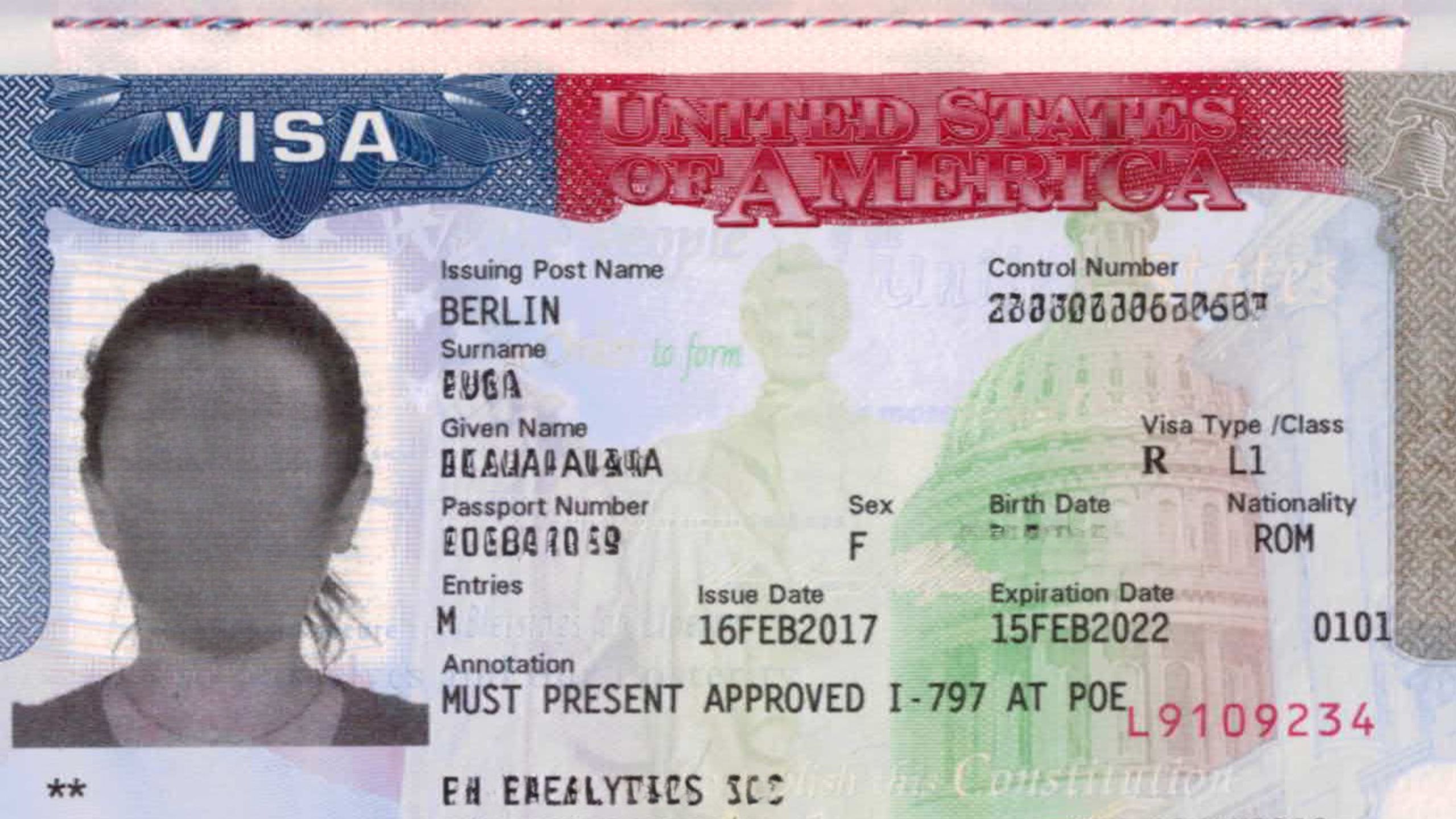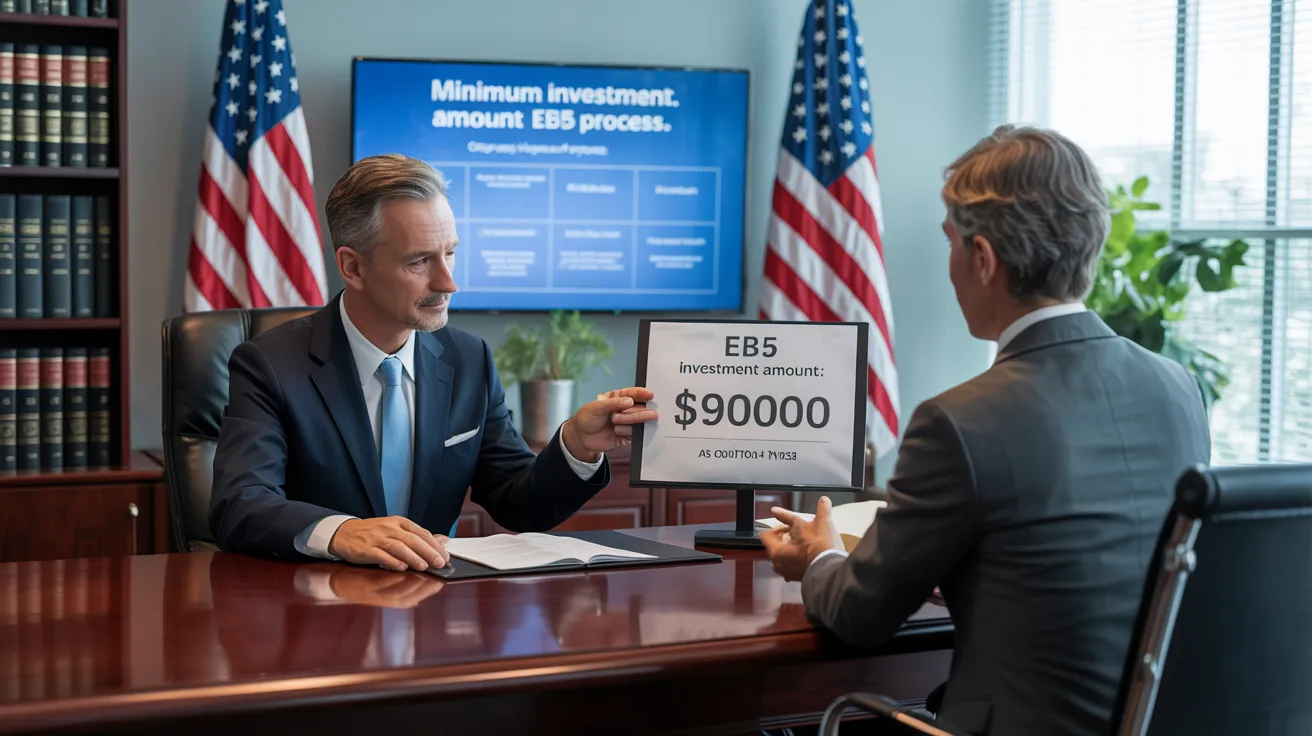L1 Visa for Dummies
Table of ContentsL1 Visa Fundamentals ExplainedThe Best Strategy To Use For L1 VisaThe smart Trick of L1 Visa That Nobody is Discussing7 Simple Techniques For L1 VisaThe Facts About L1 Visa RevealedL1 Visa Fundamentals Explained
Readily Available from ProQuest Dissertations & Theses Global; Social Scientific Research Costs Collection. DHS Workplace of the Assessor General. Obtained 2023-03-26.
U.S. Division of State. Gotten 2023-02-08. Tamen, Joan Fleischer (August 10, 2013).
L1 Visa Things To Know Before You Get This
In order to be qualified for the L-1 visa, the international company abroad where the Beneficiary was employed and the U.S. business have to have a qualifying relationship at the time of the transfer. The different types of qualifying partnerships are: 1.
Instance 1: Business A is incorporated in France and utilizes the Beneficiary. Company B is integrated in the united state and desires to seek the Recipient. Firm A possesses 100% of the shares of Firm B.Company A is the Moms And Dad and Business B is a subsidiary. There is a certifying connection between the two companies and Firm B should be able to fund the Beneficiary.
Firm A possesses 40% of Company B. The continuing to be 60% is had and managed by Company C, which has no relationship to Business A.Since Company A and B do not have a parent-subsidiary relationship, Firm A can not fund the Recipient for L-1.
Example 3: Company A is included in the united state and wishes to seek the Beneficiary. Business B is integrated in Indonesia and uses the Recipient. Business A has 40% of Company B. The remaining 60% is had by Company C, which has no relationship to Firm A. Nonetheless, Company A, by official contract, controls and complete takes care of Business B.Since Firm An owns much less than 50% of Company B yet manages and controls the firm, there is a qualifying parent-subsidiary relationship and Business A can fund the Beneficiary for L-1.
The Only Guide for L1 Visa
Affiliate: An associate is 1 of 2 subsidiaries thar are both possessed and regulated by the very same moms and dad or person, or possessed and regulated by the very same team of individuals, in essentially the same ratios. a. Example 1: Business A is included in Ghana and uses the Recipient. Business B is integrated in the U.S.
Company C, also included in Ghana, has 100% of Company A and 100% of Company B.Therefore, Firm A and Business B are "associates" or sister firms and a certifying connection exists between the two firms. Business B should have the ability to sponsor the Beneficiary. b. Instance 2: Company A is included in the united state
Business A is 60% owned by Mrs. Smith, 20% had by L1 Visa process Mr. Doe, and 20% owned by Ms. Brown. Business B is incorporated in Colombia and presently utilizes the Beneficiary. Firm B is 65% owned by Mrs. Smith, 15% possessed by Mr. Doe, and 20% had by Ms. Brown. Company A and Business B are affiliates and have a certifying relationship in two various means: Mrs.
The L-1 visa is an employment-based visa classification developed by Congress in 1970, enabling multinational companies to transfer their supervisors, execs, or vital employees to their united state procedures. It is generally described as the intracompany transferee visa. There are 2 major sorts of L-1 visas: L-1A and L-1B. These kinds appropriate for employees hired in different positions within a firm.

Furthermore, the recipient should have operated in a supervisory, executive, or specialized worker position for one year within the 3 years preceding the L-1A application in the foreign business. For new workplace applications, international work must have remained in a managerial or executive ability if the recipient is coming to the USA to work as a manager or exec.
L1 Visa for Dummies

If approved L1 Visa process for an U.S. company operational for greater than one year, the initial L-1B visa is for approximately three years and can be expanded for an added 2 years (L1 Visa). Conversely, if the U.S. company is newly developed or has actually been functional for less than one year, the initial L-1B visa is provided for one year, with extensions offered in two-year increments
The L-1 visa is an employment-based visa group developed by Congress in 1970, enabling multinational companies to move their supervisors, executives, or essential workers to their U.S. operations. It is commonly described as the intracompany transferee visa. There are 2 major kinds of L-1 visas: L-1A and L-1B. These types are suitable for workers hired in various positions within a company.
Top Guidelines Of L1 Visa
In addition, the beneficiary has to have functioned in a supervisory, executive, or specialized employee placement for one year within the three years preceding the L-1A application in the foreign firm. For new office applications, foreign work should have remained in a managerial or executive capability if the recipient is coming to the USA to function as a manager or executive.
for approximately 7 years to supervise the procedures of the U.S. affiliate as an executive or supervisor. If issued for an U.S. business that has actually been operational for more than one year, the L-1A visa is at first granted for up to 3 years and can be extended in two-year increments.
If given for an U.S. business operational for greater than one year, the initial L-1B visa is for approximately 3 years and can be extended for an added 2 years. On the other hand, if the united state business is newly established or has actually been functional for less than one year, the preliminary L-1B visa is provided for one year, with expansions available in find out more two-year increments.